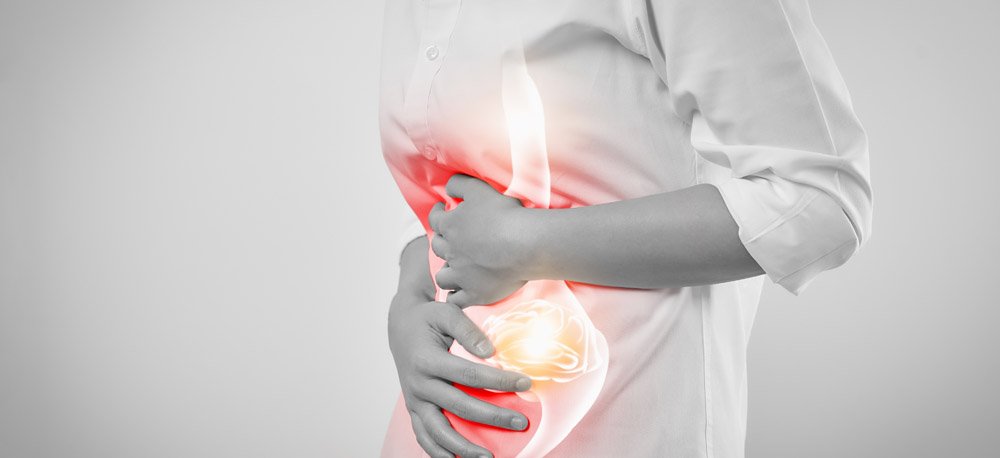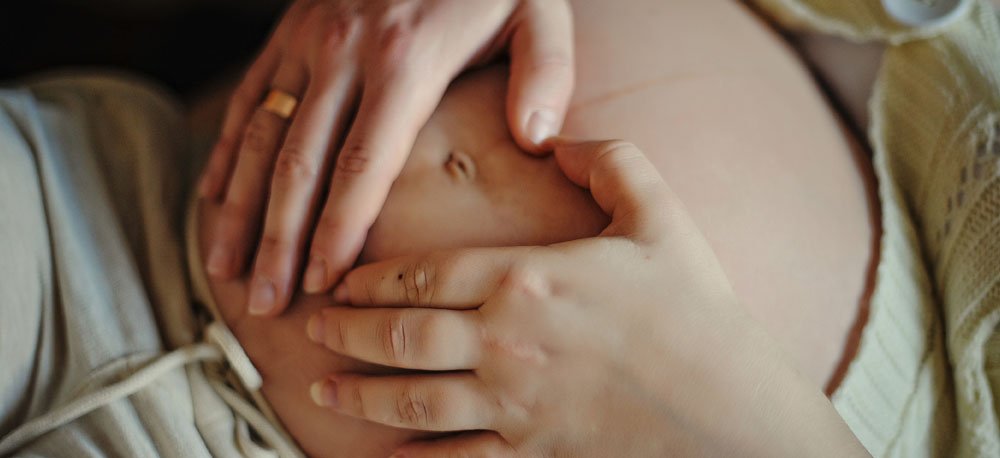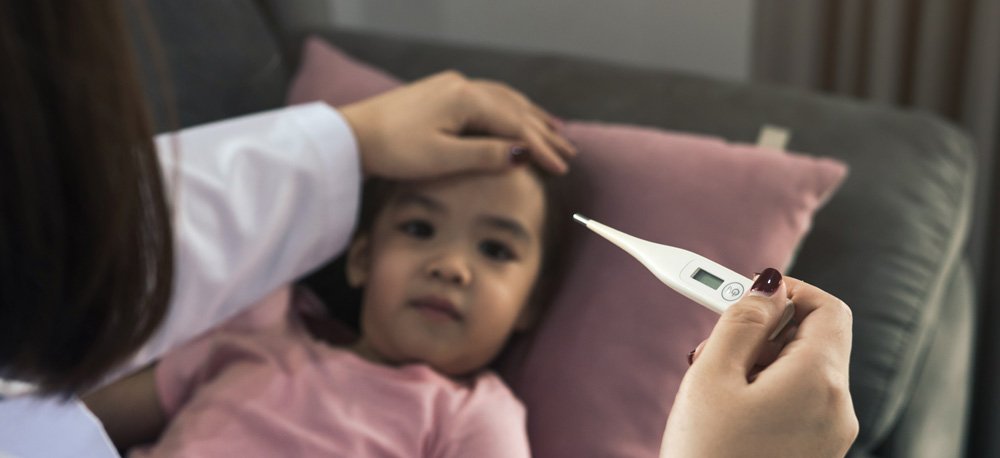-
June 15, 2022
-
0


Bacterial stomach infections – how to treat and protect yourself
Bacterial gastroenteritis, or digestive problem caused by bacteria, is fairly common in India.It is also commonly called food poisoning. You can get bacterial gastroenteritis after consuming contaminated food or water. Unhygienic and improper handling, storage, and cooking of food items can make foodunsafe for consumption.
People can get bacteria on their hands by handling contaminated food or water and, consequently, bacterial infections of the stomach have a tendency to spread from person to person quickly. Harmful bacteria are also present in the stools of infected people and can get transmitted to others if proper handhygiene is not practised.
Symptoms of bacterial stomach infections
The symptoms of bacterial gastroenteritis depend on the kind of infection, and may include:
- Diarrhoea
- Abdominal pain and cramping
- Nausea and vomiting
- Fever
- Loss of appetite
- Blood in the stool (extreme cases)
When should you see a doctor?
Often, bacterial gastroenteritis will clear up on its own with some rest and by drinking plenty of fluids. However, seek help from your doctor if your symptoms do not improve even after 5 days. In the case of children, contact your doctor if symptoms do not improve after 2 days or if vomiting continues after 12 hours. If an infant younger than 3 months has diarrhoea or vomiting, call your doctor without delay.
Causes of stomach bacterial infections
The different kinds of bacteria that cause bacterial gastroenteritis include:
- E. Coli: Occurs in unwashed fruits, vegetables, and undercooked meats, especially beef.
- Shigella: Occurs in contaminated water (including swimming pools) and raw foods.
- Salmonella and staphylococcus (staph): Present in raw or undercooked meats, dairy products, and eggs.
- H. Pylori: A particularly antibiotic-resistant infection, this is commonly found in contaminated water and food. It also spreads via contact with saliva, vomit, and faecal matter from contaminated people.
- Campylobacter: Occurs in undercooked or raw poultry and dairy products.
- Yersinia: Found in raw or undercooked pork.
Home treatment for mild cases
Milder cases of stomach bacterial infections can be treated at home by following measures that include:
- Avoid eating:
- Fatty/ oily/ fried foods
- Dairy, raw fruits or vegetables, or high fibre foods.
- Heavy meals
- Consume:
- Lots of water and fluids
- More frequent, smaller meals
- Foods and drinks with potassium, such as bananas and fruit juices
- Electrolyte drinks, especially after diarrhoea and vomiting.
Medical treatment
Medication is meant to keep you hydrated and avoid complications. Some points of note:
- Do not take OTC (over-the-counter) medication unless prescribed by your doctor or gastroenterologist.
- Your doctor may prescribe you antibiotics for your treatment. Be mindful of the dosage and complete the entire course of medication in a timely manner.
- Follow the measures listed for home treatment also.
- If you are unable to keep any fluids down, go to a hospital.
Preventing bacterial stomach infections
Preventing an outbreak of bacterial gastroenteritis is a matter of following hygienic routines. You should adhere to the following as a rule of thumb to avoid not just bacterial, but most stomach infections:
- Cleanliness:
- Keep your kitchen and bathrooms clean.
- Use a separate cutting board for raw meats.
- Wash vegetables and fruits thoroughly before eating them.
- Wash the cutting board every time after use.
- Though not a measure related to cleanliness, avoid close contact with people who are suspected to have gastroenteritis.
- Wash your hands::
- After using the bathroom
- Before handling food
- After handling any raw meats
- After touching pets/ animals
- Water:
- Avoid drinking water from unknown sources unless you are sure it is clean.
- Drink water at home that has been RO or UV treatments, or boiled.
- While travelling, drink water carried from home or bottled water only.
- Food:
- Avoid consuming raw or undercooked meats.
- Avoid drinking unpasteurised milk.
- Refrigerate perishable foods such as raw meats, vegetables, fruits, and cooked food.
- Store foods with shelf life in closed or sealed containers.
- Avoid street food.
- Avoid food at restaurants that do not seem hygienic.
- Do not eat food that has been kept out for long.
Many bacterial stomach infections result from food that makes its way from the grocery stores to your plate. Contaminated water is also a major source and can cause infections by contact or consumption. Avoid certain foods such as dairy, oily/ fatty foods, and raw vegetables and fruits. Keep yourself hydrated especially if you have diarrhoea or vomiting. Most cases of bacterial gastroenteritis are not dangerous and are treated completely with home remedies and antibiotics. If left untreated, complications may occur and you may have to seek care at a hospital. You should seek treatment as soon as you see symptoms of stomach problems for timely treatment and to prevent the infection from spreading to others. If youare experiencing any symptoms related to digestion that warrant a visitto a specialist, or want to know more about the risks and treatments relatedto bacterial gastroenteritis, consult the best gastroenterologists in Bangalore at the Department of Gastroenterology and Hepatology in Sagar Hospitals.
Contact
JAYANAGAR
BANASHANKARI






